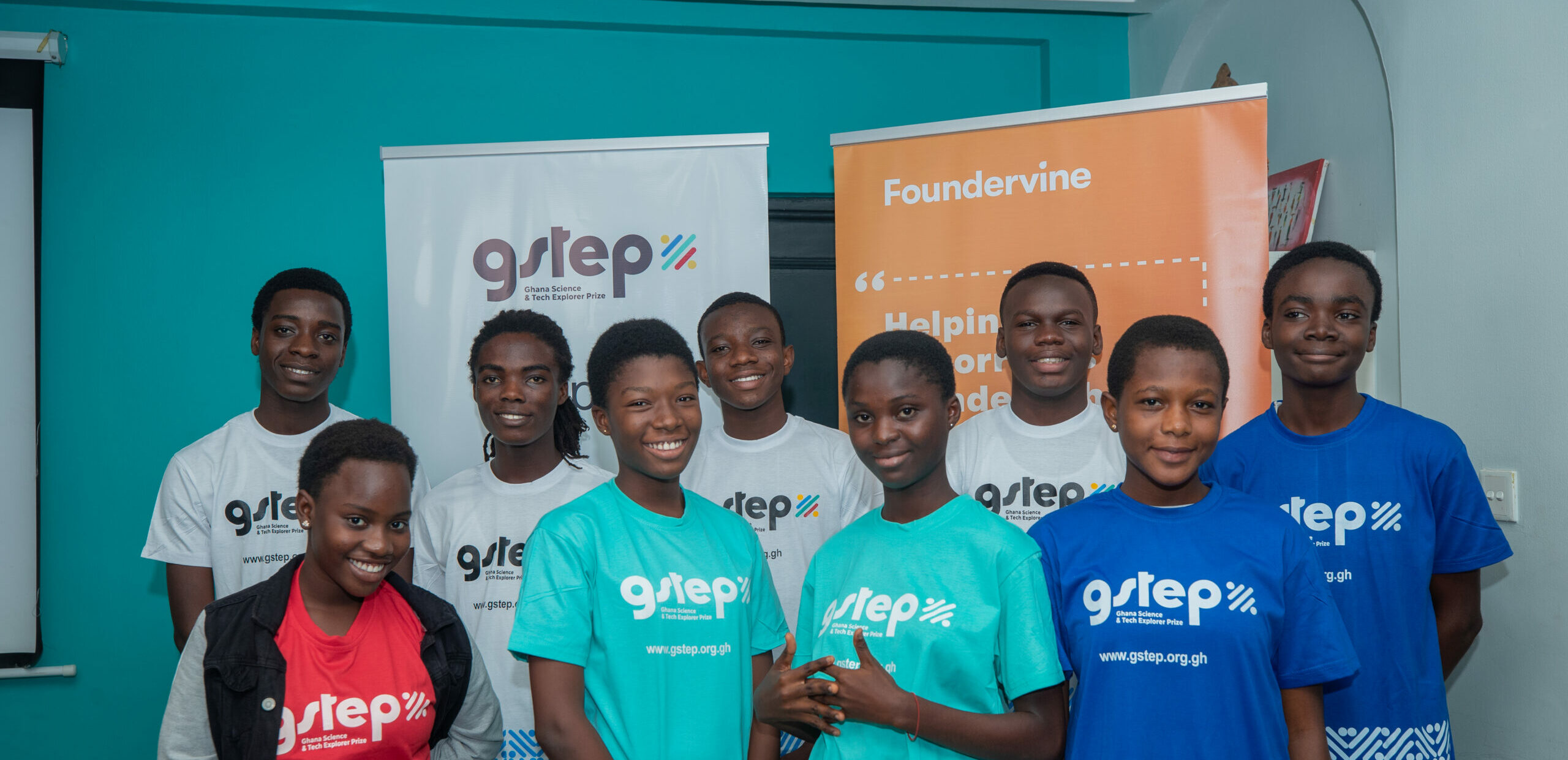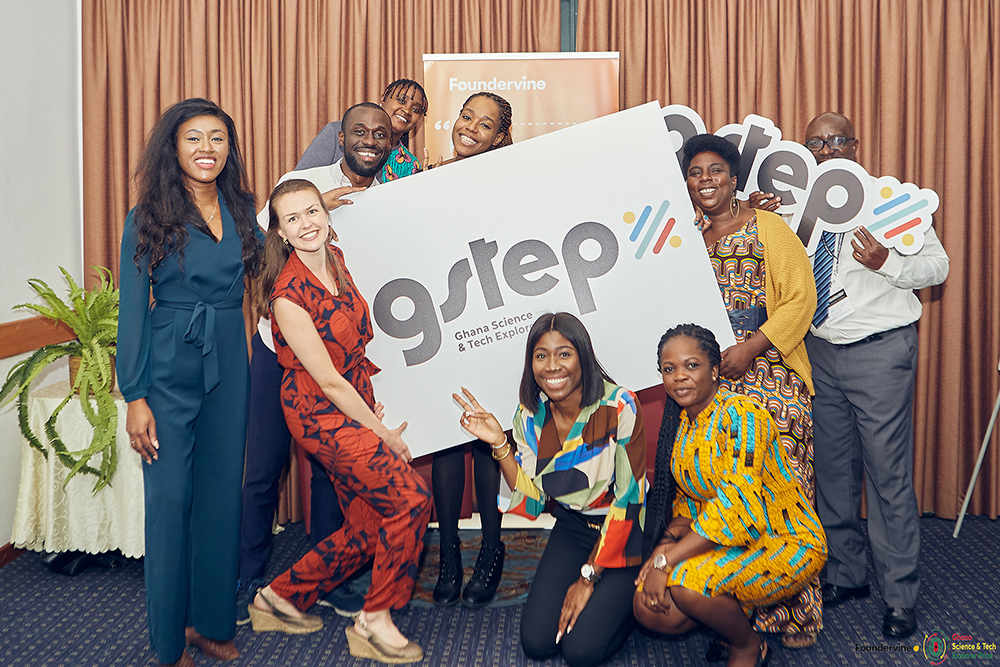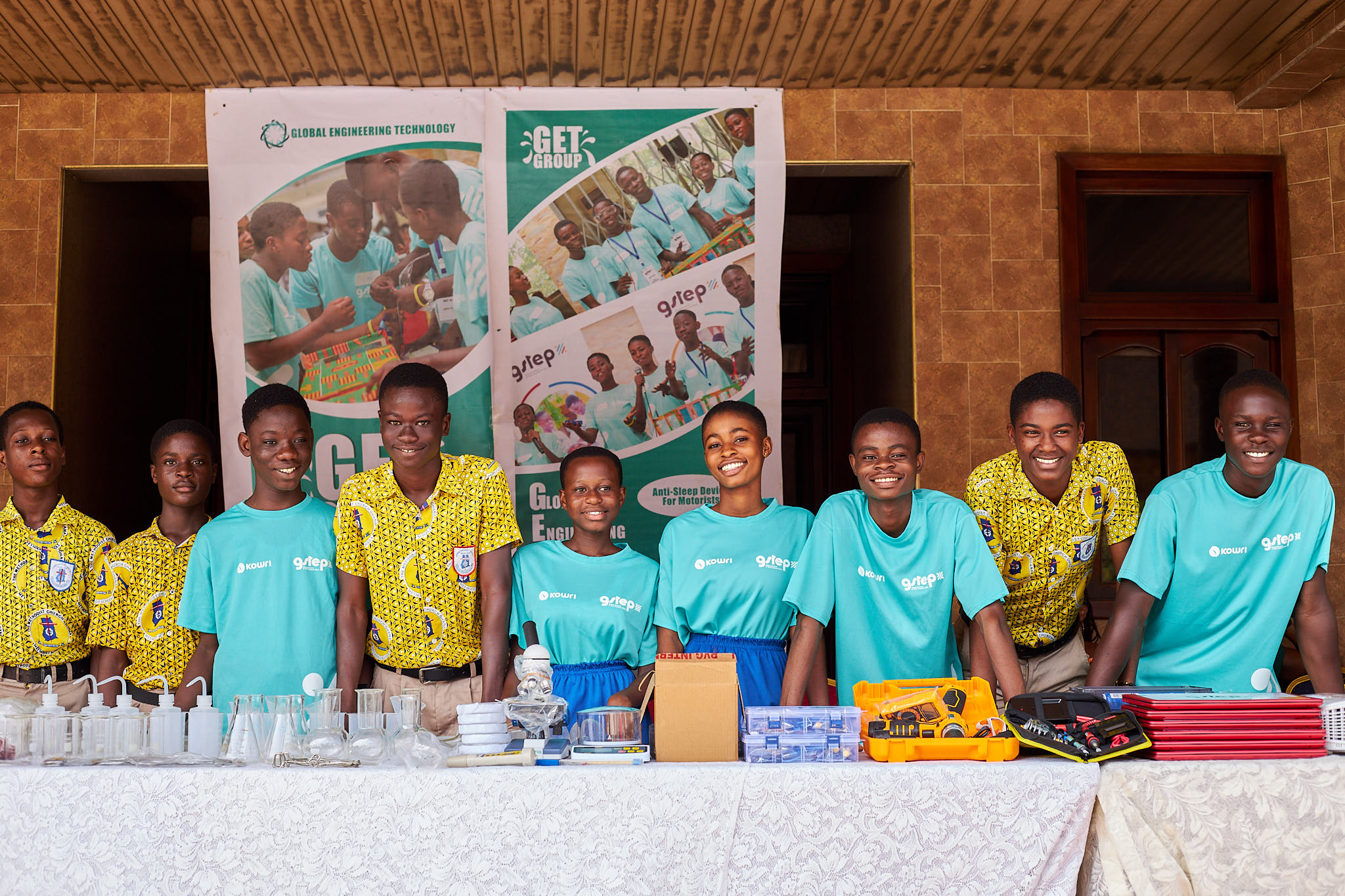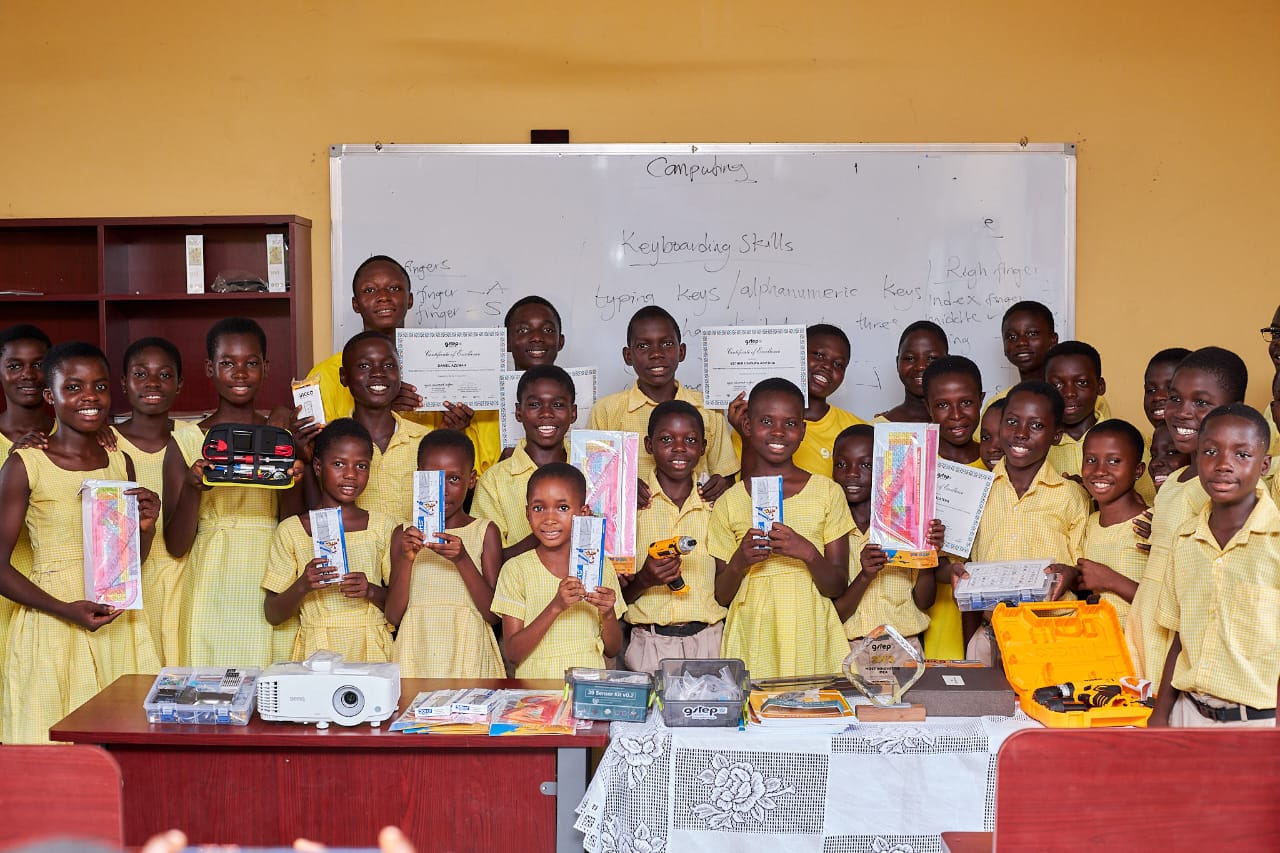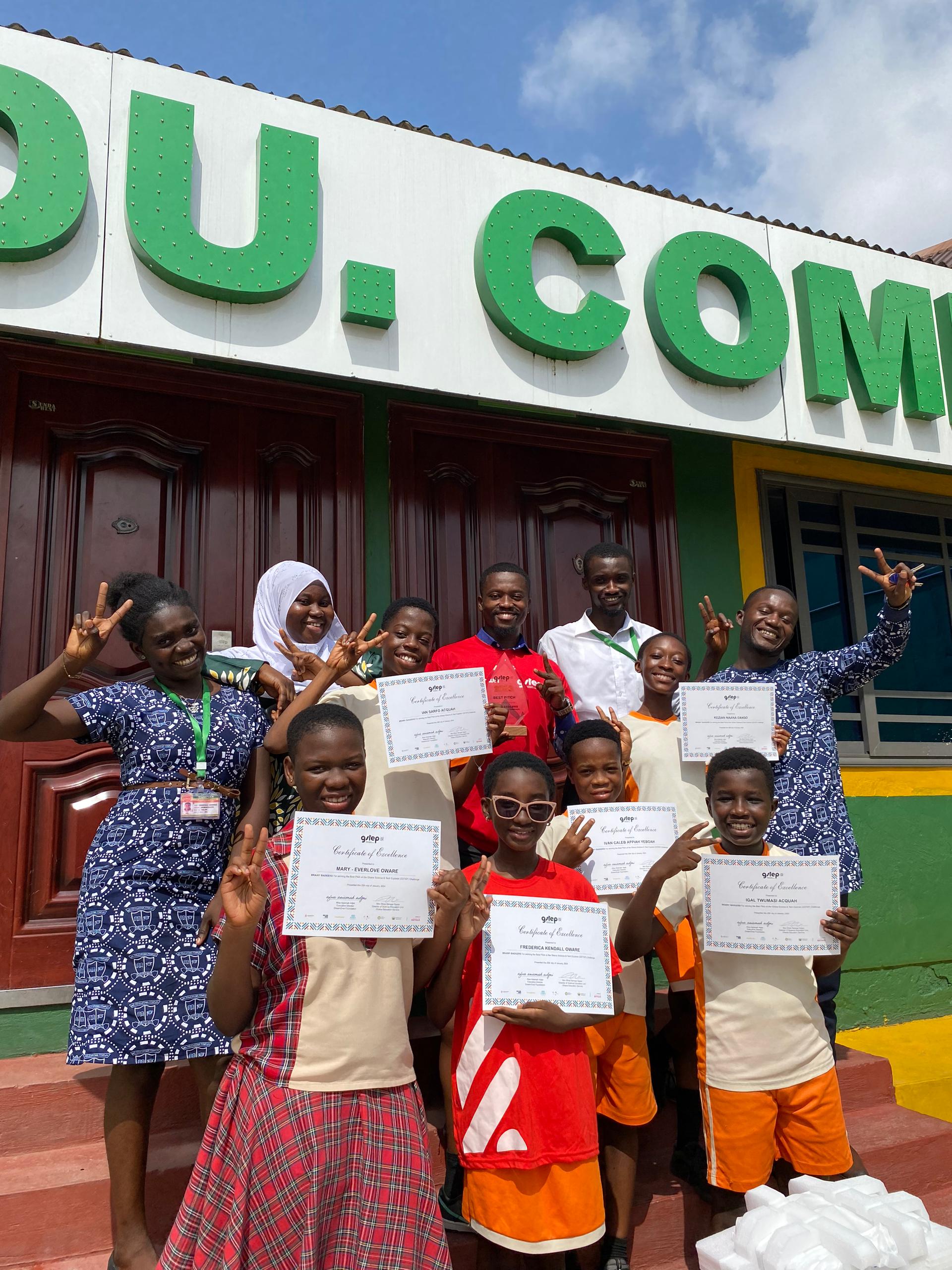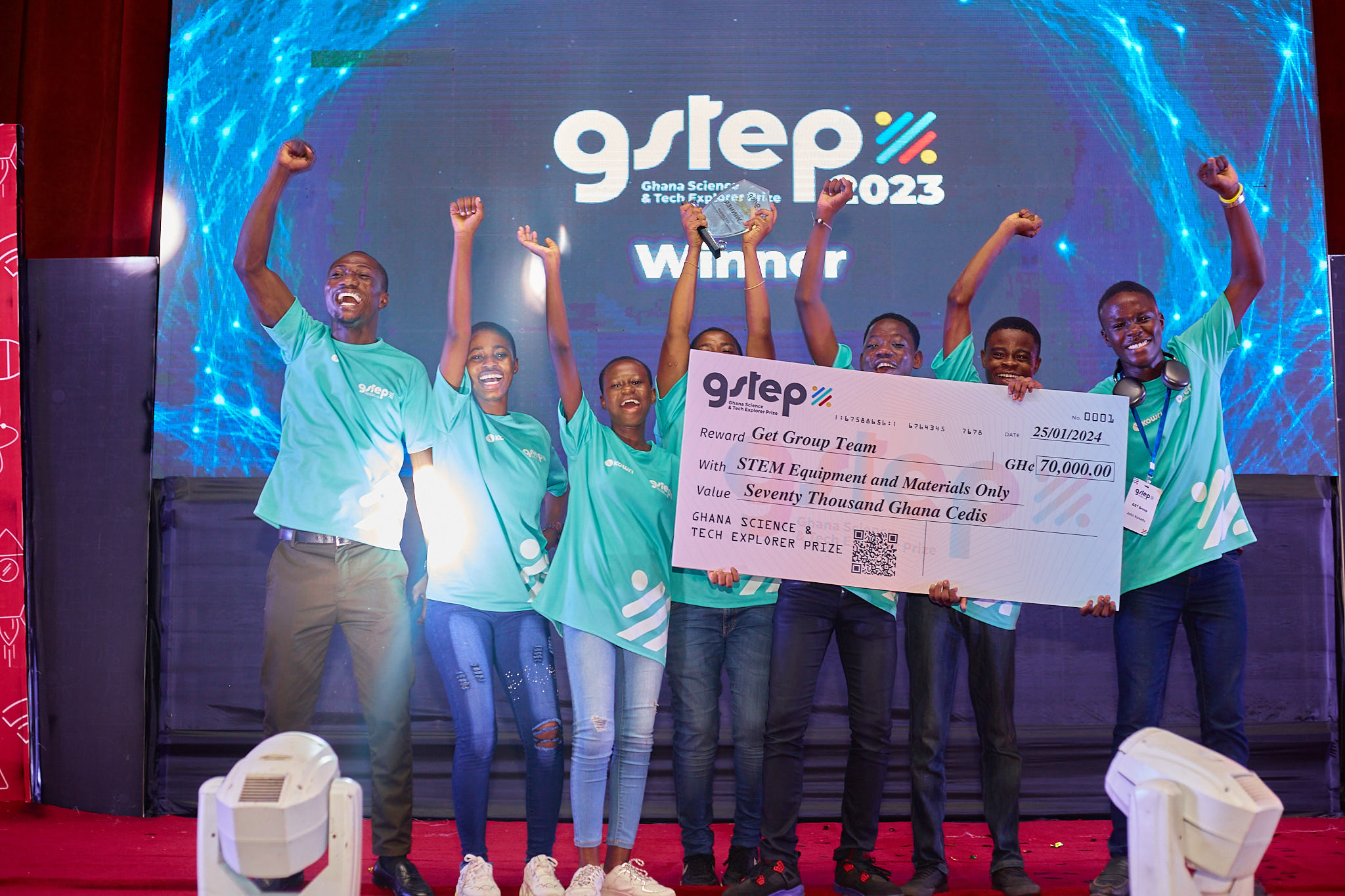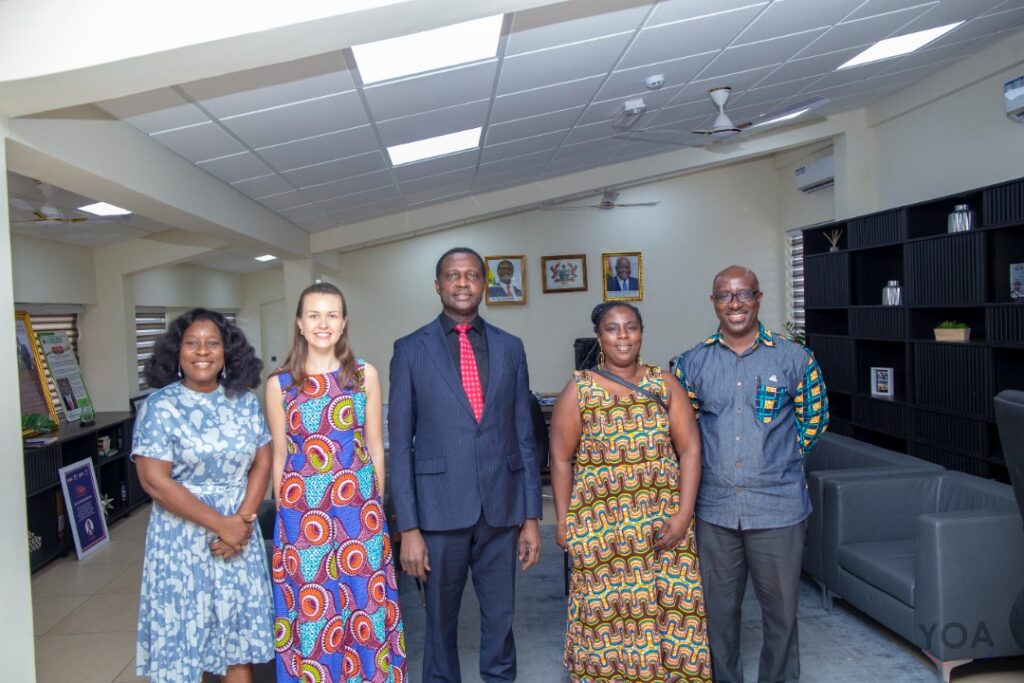
The DreamOval Foundation signed a memorandum of understanding with the Ministry of Education on the 27th of April, 2022. The signing of the MOU was done by Mr. Divine Ayidzoe (Acting Chief Director of Ministry of Education), Ms. Matilda Awiah Azuimah (Legal head, Ministry of Education), Mr. Claud Hutchful (CEO, DreamOval Ltd.), and Mr. Charles Hansen-Quao (Vice President, DreamOval Ltd.) at the Ministry of Education. This is for the development and promotion of practical learning and STEM education across two regions, Greater Accra and the Ashanti, under the program called the Ghana Science and Tech Explorer Prize(GSTEP). The 3-year program presents an exciting opportunity to support 20,000 JHS students (11-16) and 500 Teachers in the Ashanti and Greater Accra Regions in Ghana to develop practical STEM skills and products that benefit local communities. The program seeks to achieve the ambitious goal of impacting the lives of these young people over three years, to maximize their socio-economic development, prospects, and opportunities for the future.
GSTEP is a three-year program targeting 20,000 Junior High School (JHS) students to support the development of entrepreneurial products and skills to solve community challenges. The GSTEP program consists of a series of challenge prize competitions, where students will be encouraged to develop new business ideas in teams, with support from schools and teachers. GSTEP will also provide training, coaching, mentorship, and resources to support the students. In doing so, the program aims to strengthen the interest in STEM and ICT subjects, as well as support the development of key entrepreneurial and enterprising skills (such as critical thinking and presentation skills).
According to the Minister of Education, Hon. Dr. Yaw Adutwum, “STEM has been prioritized under the ministry’s reform education policy and in partnership with the private sector such as DreamOval Foundation, it will help unleash talents to develop the youth and move Ghana in the right direction.” Africa is seeing a boom in the ICT space, with Ghana acting as a leading hub in the digital business process outsourcing (BPO) sector in particular. As these industries grow, there will be a strong demand for professionals who can “blend digital and STEM skills with traditional subject expertise”. There is also a need for stronger business and entrepreneurial skills; as the World Economic Forum highlights, harnessing the full benefits of ICT intensive jobs would require“ equipping Africans with the skills to design and engineer home-grown solutions rather than simply servicing the lower-skilled delivery end of the global digital
market.”
Many young Ghanaians are leaving education without the necessary skills for performing the most in-demand jobs in the new economy. At the current rate, there will be a major skills gap in the labor force with more low-skilled workers than low-skilled jobs and fewer medium to high-skilled workers than needed by employers. Digital employment has the unique capacity to employ individuals who face barriers to employment such as poverty, gender, inexperience, low educational attainment in traditional curriculums, or lack of employment opportunities available. Therefore, a digitally skilled workforce can
help grow Ghana’s competitiveness on the world stage.
The GSTEP with the support of the Ministry of Education aims to place a strong focus on harnessing technology for social good and encouraging participating students to see themselves as leaders and changemakers in their local communities. Students from the aforementioned regions will compete to produce technology and science-related solutions, aimed at tackling key issues within their community through a challenge prize structure. This competition will take the stage-gated approach, where an initial cohort of finalist teams will go on to receive mentoring and support. In the final round, cash prizes will be awarded to the winning teams’ schools
The DreamOval Foundation has signed a memorandum of understanding with the Ministry of Education on the 27th of April, 2022.for the development and promotion of practical learning and STEM education across two regions, Greater Accra and the Ashanti, under the programme called the Ghana Science and Tech Explorer Prize(GSTEP). The 3-year program presents an exciting opportunity to support 20,000 JHS students (11-16) and 500 Teachers in the Ashanti and Greater Accra Regions in Ghana develop practical STEM skills and products that benefit local communities. The programme seeks to achieve the ambitious goal of impacting the lives of these young people over three years, to maximise their socio-economic development, prospects and opportunities for the future.
GSTEP is a three-year programme targeting 20,000 Junior High School (JHS) students to support the development of entrepreneurial products and skills to solve community challenges. The GSTEP programme consists of a series of challenge prize competitions, where students will be encouraged to develop new business ideas in teams, with support from schools and teachers. GSTEP will also provide training, coaching, mentorship and resources to support the students. In doing so, the programme aims to strengthen the interest in STEM and ICT subjects, as well as supporting the development of key entrepreneurial and enterprising skills (such as critical thinking and presentation skills).
Africa is seeing a boom in the ICT space, with Ghana acting as a leading hub in the digital business process outsourcing (BPO) sector in particular. As these industries grow, there will be a strong demand for professionals who can “blend digital and STEM skills with traditional subject expertise”. There is also a need for stronger business and entrepreneurial skills; as the World Economic Forum highlights, harnessing the full benefits of ICT intensive jobs would require“ equipping Africans with the skills to design and engineer home-grown solutions rather than simply servicing the lower-skilled delivery end of the global digital
market.”
Many young Ghanaians are leaving education without the necessary skills for performing the most in-demand jobs in the new economy. At the current rate, there will be a major skills gap in the labour force with more low-skilled workers than low-skilled jobs and fewer medium to high-skilled workers than needed by employers. Digital employment has the unique capacity to provide employment to individuals who face barriers to employment such as poverty, gender, inexperience, low educational attainment in traditional curriculums or lack of employment opportunities available. Therefore, a digitally skilled workforce can
help grow Ghana’s competitiveness on the world stage.
The GSTEP with the support of the Ministry of Education aims to place a strong focus on harnessing technology for social good and encouraging participating students to see themselves as leaders and changemakers in their local communities. Students from the aforementioned regions will compete to produce technology and science-related solutions, aimed at tackling key issues within their community through a challenge prize structure. This competition will take stage-gated approach, where an initial cohort of finalist teams will go on to receive mentoring and support. In the final round, cash prizes will be awarded to the winning teams’ schools.
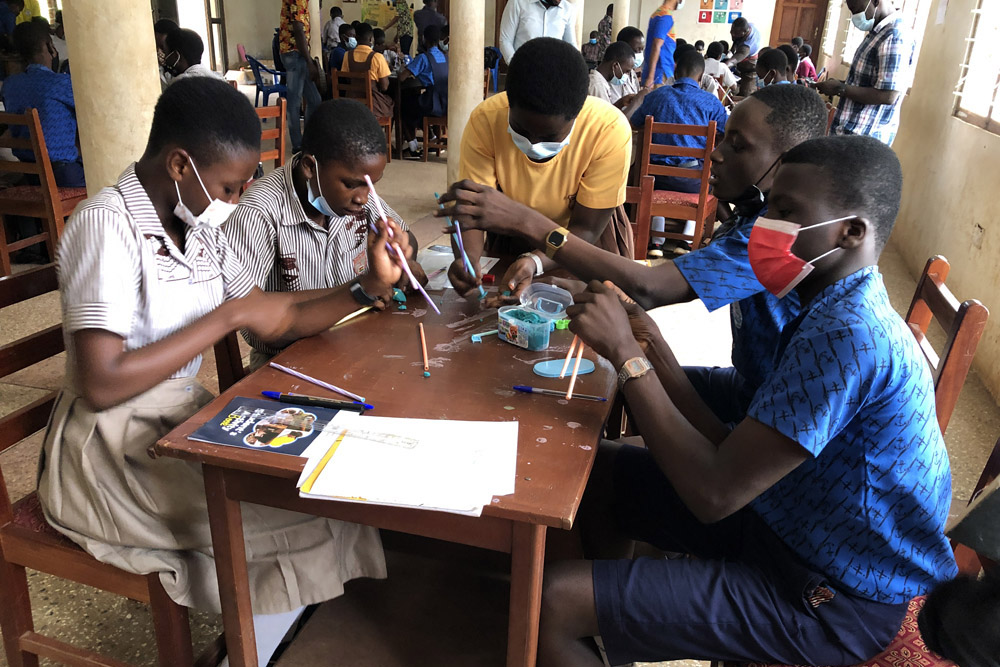
We believe in the potential of every young person in Ghana to make a significant impact, given the right guidance, skills and resources to apply STEM for social good. We aim to place STEM at the forefront of Ghanaian development by empowering young people, teachers, schools and communities with the competitive drive, skills and resources to enhance STEM outcomes for personal and social good. We will facilitate the generation of STEM ideas by young Ghanaians and cultivate them into enterprising products and solutions to address community issues.
The Ghana Science and Tech Explorer Prize is run by a consortium, led by DreamOval Foundation. The other organisations are Nesta based in the UK, MEST Africa, Foundervine, Dext Technology. These organisations are working collaboratively to support the initiative. GSTEP is funded by Fondation Botnar and Swiss based organisation that champions the potential of AI and digital technology to improve the wellbeing of young people in growing
cities around the world. The programme is also supported by some key institutions in Ghana to advance the course of practical learning across the two regions. They are Fidelity Bank, Stanbic, Multimedia Group and Graphic Communications Group.

